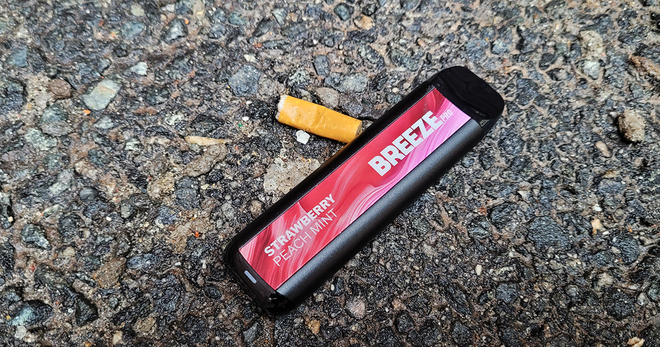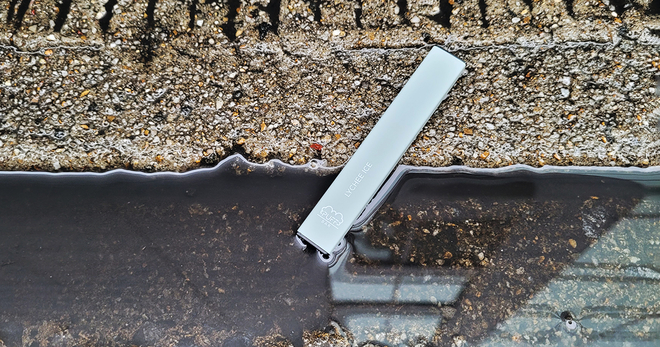What do half of America’s best beaches have in common?
Fireworks will be the only things lighting up at many of America’s top beaches this July 4. Half of the seaside destinations on an annual list of the country’s top beaches are completely smoke-free.
The 2017 list of top beaches compiled by coastal expert Dr. Stephen P. Leatherman, professor at Florida International University, includes 10 destinations he evaluated based on 50 factors, from water quality and wildlife abundance to public safety and cleanliness. Leatherman, who has been rating the country’s top 10 beaches for more than 25 years, started awarding bonus points last year for the “prohibition of smoking on beaches.”
The No. 1 form of litter on beaches is cigarette butts, and it is disgusting
Leatherman told the Associated Press last year. "There is a national movement to prevent smoking, especially on public lands, and beaches should be a priority."
Cigarettes are the most littered item on earth—about 4.5 trillion cigarettes are littered each year worldwide. Cigarette litter is also damaging to the environment in other ways. Littered cigarette butts leach toxic chemicals into the environment and can contaminate water. The toxic exposure can poison fish, as well as animals who eat cigarette butts.
The best beaches in America, according to the list, include these smoke-free spots: Kapalua Bay Beach in Maui, Hawaii; Cooper’s Beach in Southampton, N.Y.; Coast Guard Beach in Cape Cod, Mass.; Coronado Beach in San Diego; and Hapuna Beach State Park in Waimea, Hawaii.
Hawaii, with two beaches on the list, outlawed smoking at all state beaches in 2015. By then, many localities in Hawaii had already enacted their own smoke-free beach laws.
The only state to have more beaches on the list is Florida, with three top-ranking destinations. Unfortunately, the state is lagging in smoke-free beaches due to a state law that says only the state government can ban smoking in public areas, such as parks and beaches. Despite the state’s restrictive preemption law, several Florida beaches show support for smoke-free policies. For example, Siesta Beach in Siesta Key is first on the list of beaches that prohibited smoking for years until a court ruling overturned the ban based on the state law. Last year, Miami Beach set up two voluntary smoke-free zones.
As of April 2017, nearly 300 municipalities have enacted smoke-free beach laws, according to the American Nonsmokers’ Rights Foundation. See a full list of places with smoke-free beach laws.
More in harmful effects of tobacco
Want support quitting? Join EX Program
By clicking JOIN, you agree to the Terms, Text Message Terms and Privacy Policy.
Msg&Data rates may apply; msgs are automated.


